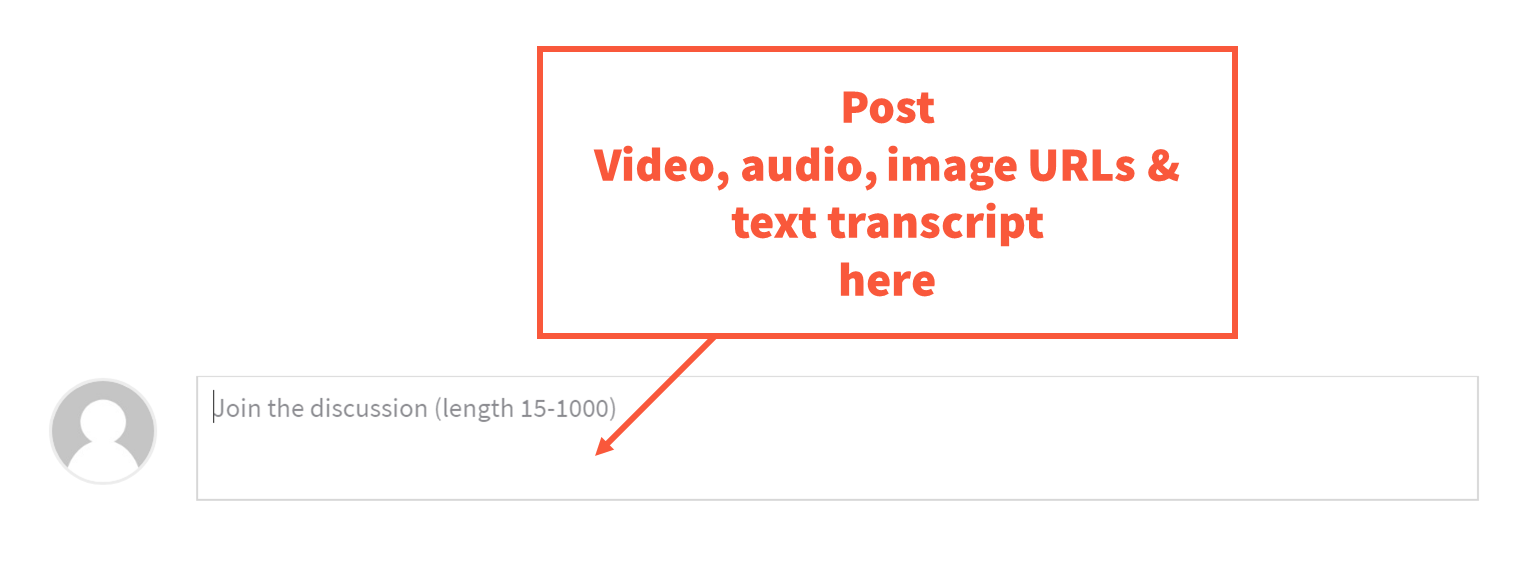Vol. Ⅰ: Words 1-200
1000 Most Common Chinese Words For Beginners – Lesson 01
1 Practice | 2 Quizzes
1000 Most Common Chinese Words For Beginners – Lesson 02
1 Practice | 2 Quizzes
1000 Most Common Chinese Words For Beginners – Lesson 03
1 Practice | 2 Quizzes
1000 Most Common Chinese Words For Beginners – Lesson 04
1 Practice | 2 Quizzes
1000 Most Common Chinese Words For Beginners – Lesson 05
1 Practice | 2 Quizzes
1000 Most Common Chinese Words For Beginners – Lesson 06
1 Practice | 2 Quizzes
1000 Most Common Chinese Words For Beginners – Lesson 07
1 Practice | 2 Quizzes
1000 Most Common Chinese Words For Beginners – Lesson 08
1 Practice | 2 Quizzes
1000 Most Common Chinese Words For Beginners – Lesson 09
1 Practice | 2 Quizzes
1000 Most Common Chinese Words For Beginners – Lesson 10
1 Practice | 2 Quizzes
Vol. Ⅱ: Words 201-400
1000 Most Common Chinese Words For Beginners – Lesson 11
1 Practice | 2 Quizzes
1000 Most Common Chinese Words For Beginners – Lesson 12
1 Practice | 2 Quizzes
1000 Most Common Chinese Words For Beginners – Lesson 13
1 Practice | 2 Quizzes
1000 Most Common Chinese Words For Beginners – Lesson 14
1 Practice | 2 Quizzes
1000 Most Common Chinese Words For Beginners – Lesson 15
1 Practice | 2 Quizzes
1000 Most Common Chinese Words For Beginners – Lesson 16
1 Practice | 2 Quizzes
1000 Most Common Chinese Words For Beginners – Lesson 17
1 Practice | 2 Quizzes
1000 Most Common Chinese Words For Beginners – Lesson 18
1 Practice | 2 Quizzes
1000 Most Common Chinese Words For Beginners – Lesson 19
1 Practice | 2 Quizzes
1000 Most Common Chinese Words For Beginners – Lesson 20
1 Practice | 2 Quizzes
Vol. Ⅲ: Words 401-600
1000 Words – Practice 05
STEP 1
Finish the practice both by handwriting, typing and recording yourself reading the sentences out loud.
Make one (or more) sentences for each of the following new words:
- 什么时候 shénme shíhou
- 生日快乐 shēngrì kuàilè
- 觉得 juéde
- 几 jǐ
- 电脑 diànnǎo
- 会 huì
- 星期 xīngqī
- 工作 gōngzuò
- 工作 gōngzuò
- 吧 ba
- 学校 xuéxiào
- 买 mǎi
- 问 wèn
- 次 cì
- 时间 shíjiān
- 不 bù
- 牛奶 niúnǎi
- 面包 miànbāo
- 丈夫 zhàngfu
- 妻子 qīzi
STEP 2
*Optional* Share your work with us in the comment discussion section.

Recommended service that allows embedding:
For videos and audios: YouTube.com (for audios please cover the camera or film your writing/typing instead of yourself while you read)
For images: imgur.com (please post direct url of the image - the format would be https://xxxx.jpg)

"Practice" is our new feature to encourage learners to speak out and put the language into use, especially in a self-study setting. "Skills like speaking a new language can only be developed through practice." Keep it up!
什么时候 shénme shíhou = 你什么时候吃了?
生日快乐 shēngrì kuàilè = 祝你生日快乐!
觉得 juéde = 我 觉得 我妈妈很漂浪。
几 jǐ = 你的宝宝几岁了?
电脑 diànnǎo= 我买了新电脑。
会 huì = 你会说中文吗?
星期 xīngqī = 今天是星期二。
工作 gōngzuò= 我们工作方便地铁。
吧 ba = 我们走吧。
学校 xuéxiào = 今天我没友去学校。
买 mǎi= 爸爸买了很多苹果。
问 wèn = 请问你喜欢猫?
次 cì = 我看Moana电影三次了。
时间 shíjiān= 什么时间工作?
不 bù= 我不吃了。
牛奶 niúnǎi= 我要喝热牛奶。
面包 miànbāo= 我喜欢吃面包。
丈夫 zhàngfu= 我丈夫很高。
妻子 qīzi= 妻子很漂浪。
什么时候:他什么时候再做运动。
生日快乐:生日快乐,马可!!
觉得:我觉得英国越来越贵。
几:她几年练习功夫。
电脑:电脑是非常方便的东西。
会:大冰雹会来。
星期:他这个星期去中国。
工作(v):他工作得不错。
工作(n):我的父母有工作。
吧:熊猫游泳吧?
学校:大家去过学校。
买:孩子买一个书包。
问:经理问几个问题。
次:那个学生下次会不迟到。
时间:总是用时间聪明。
不:买房子不是便宜。
牛奶:我小时候喝很多牛奶。
面包:面包又好吃又便宜。
丈夫:她的丈夫总是忙。
妻子:他的妻子是英语老师。